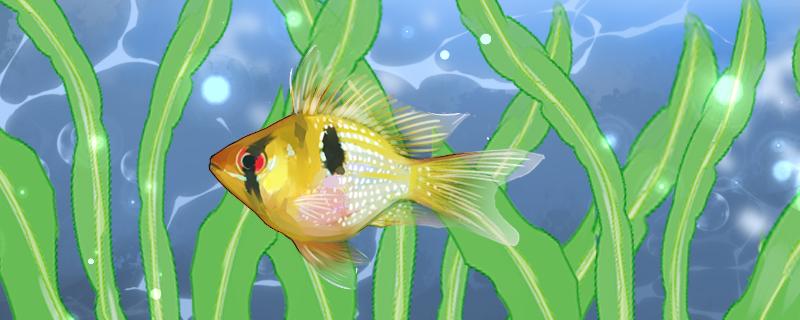 1. How to raise Dutch phoenix fish
1. How to raise Dutch phoenix fish 1. Water temperature: Dutch phoenix fish belong to tropical fish, and they like higher water temperature. When artificially raised, the water temperature can be kept between 25-28 ℃. During this temperature period, their appetite and activity are the highest, and their growth state is also the best.
2. Water quality: Dutch phoenix fish prefer weakly acidic water, and breeders need to keep the PH value between 5.5 and 6.5. If conditions permit, the bottom of the fish tank can be paved with river sand and charcoal mud, which can keep the water quality weakly acidic. In order to keep the water quality clean, breeders should change the water regularly to ensure the water quality is clean.
3. Feeding: Dutch phoenix fish prefer some live bait. Breeders can feed them more paramecium, Daphnia, bumper shrimp, silk earthworms, etc., and can also choose some freeze-dried feeds, such as red worms, yellow mealworms, bread worms, lean meat, etc. Dutch phoenix fish don't eat much, so breeders can feed them in small quantities and many times.
2. How do Dutch phoenix fish reproduceThe breeding mode of Dutch phoenix fish is not complicated. They can pair themselves when they develop into adults, and after successful pairing, they can reproduce. Dutch phoenix fish are oviparous fish, which are all fertilized and developed in vitro. During reproduction, the female fish will produce eggs first, and then the male fish will be inseminated. After successful insemination, the eggs will become fertilized eggs. After a few days, the fertilized eggs will hatch into small fish.